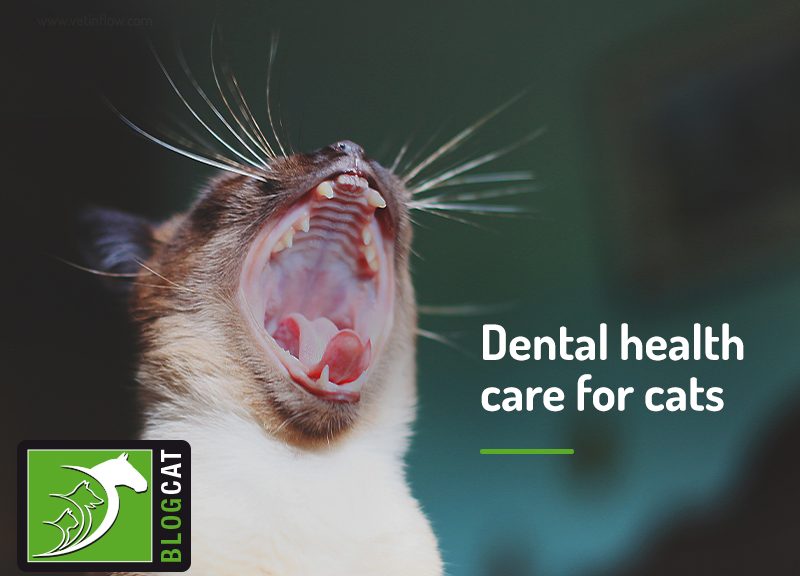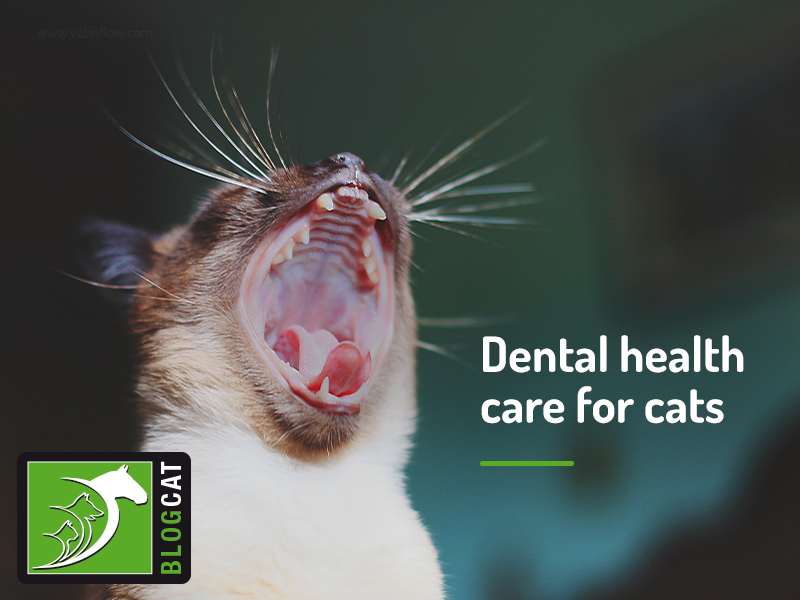Have you had a look at your cat’s teeth lately?
It may sound like a weird question, but given that oral disease affects up to 80% of cats from only two years of age and as it can be easily overlooked, it is a really good idea to keep a close eye on your cat’s mouth!
February is pet dental health month, so we feel that this is a great opportunity to talk to you about dental health and cats.
Did you know that it is recommended that you brush your cat’s teeth?
Plaque and tartar accumulation will happen sooner or later, so setting up a toothbrushing routine, preferably while your cat is still young, will help you keep these bad guys away for as long as possible.
With cats being cats, it might not be easy to get them used to the toothbrush, but it is only a matter of time and habit! Start slowly by getting them used to manipulation of the lips and touching their gums, and then gradually introduce a cat-appropriate toothpaste and toothbrush.
Proper nutrition also plays an important role in feline dental health – dry kibble will have a mechanical, abrasive effect on the teeth, helping to prevent plaque accumulation. The same is true for dental treats, but these must be given in moderation as they can have a high-calorie content.
Finally, taking your cat to a routine veterinary appointment will give your vet the chance to make sure your cat’s teeth are properly clean and identify any issues that need to be addressed. For some cats with advanced dental disease, teeth cleaning or tooth extraction under general anaesthesia may be recommended. It is very important to treat existing dental disease as this will only worsen with time and can become very painful to your pet. Dental disease can also lead to other problems throughout the body such as heart or kidney disease.
If your cat has bad breath, doesn’t seem so eager when mealtime comes around, is eating less food than usual or shows discomfort whilst eating, these may all be signs of oral disease. Book an appointment with your vet to make sure that everything is ok!
Would you like to know more about cats? Check our Feline Courses:
Feline courses



